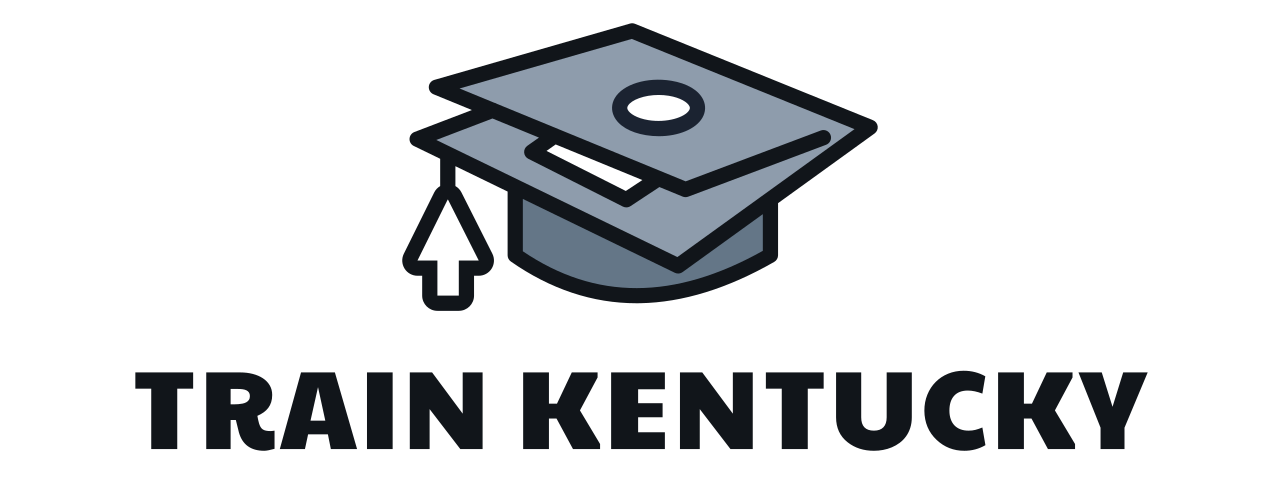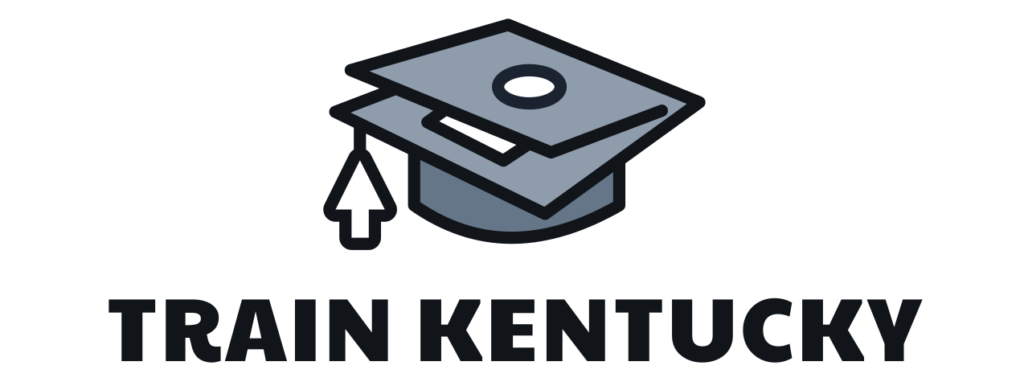Download your Free SMART Goals Handout and Worksheet Here: [integrate_google_drive id=\”24\”]
Introduction
Recovery is a journey, and like any journey, it requires clear direction and achievable milestones to reach the destination. Goal-setting plays a vital role in the recovery process, helping to build self-esteem, increase motivation, and provide a sense of purpose. However, poorly defined goals can sometimes lead to stress, failure, and setbacks. This is why introducing SMART goals can empower not only the individual\’s recovery journey but also the work of behavioral health professionals. In this article, we will explore the concept of SMART goals, how they can benefit recovery, and how to effectively implement them.
- Defining SMART Goals
SMART is an acronym that stands for Specific, Measurable, Achievable, Relevant, and Time-bound. These criteria can help to create well-defined goals that support the recovery process. Here are some examples of SMART goals in the context of recovery:
- Specific: Attend one support group meeting per week.
- Measurable: Exercise for 30 minutes, three times per week.
- Achievable: Reduce caffeine intake to one cup of coffee per day.
- Relevant: Establish a regular sleep schedule by going to bed and waking up at the same time each day.
- Time-bound: Complete a 30-day sobriety challenge.
- Benefits of SMART Goals in Recovery
Using SMART goals in recovery can help maintain motivation and focus, providing a clear roadmap for progress. Furthermore, SMART goals play a crucial role in building self-efficacy and confidence, as individuals can see their accomplishments and believe in their ability to achieve their objectives.
- Creating Your Own SMART Goals for Recovery
To set SMART goals for personal recovery, follow these steps:
- Identify areas of your life that you would like to improve or change.
- Break down your overarching goals into smaller, manageable steps.
- Apply the SMART criteria to each step, ensuring that they are specific, measurable, achievable, relevant, and time-bound.
- Write down your SMART goals and review them regularly to maintain focus and motivation.
- Monitoring Progress and Adjusting Goals
It\’s essential to regularly review and adjust your SMART goals as you progress through your recovery journey. Track your progress, celebrate your achievements, and make any necessary adjustments to your goals to ensure they continue to align with your recovery needs.
- Facilitating Clients\’ Understanding of SMART Goals
Behavioral health professionals can introduce and teach SMART goals to clients by:
- Explaining the concept of SMART goals and their benefits in recovery.
- Collaborating with clients to identify areas for improvement and set SMART goals together.
- Encouraging clients to track their progress and make adjustments as needed.
- Providing support and guidance throughout the process, reinforcing the importance of goal-setting in recovery.
Conclusion
Setting SMART goals is a powerful tool in the recovery process, enabling individuals to take charge of their journey and empowering behavioral health professionals to support them effectively. By understanding and implementing SMART goals, you can foster a sense of accomplishment, self-efficacy, and motivation that will propel you or your clients forward in the recovery journey. Embrace the power of SMART goals and unlock the potential for lasting, positive change.




